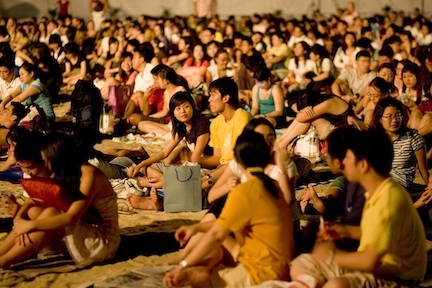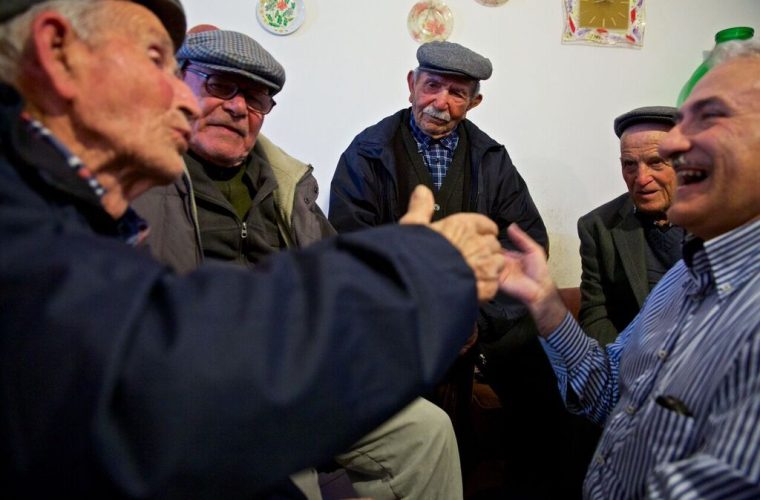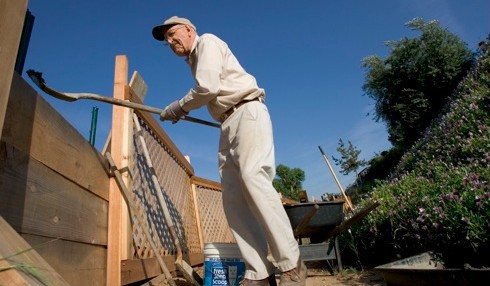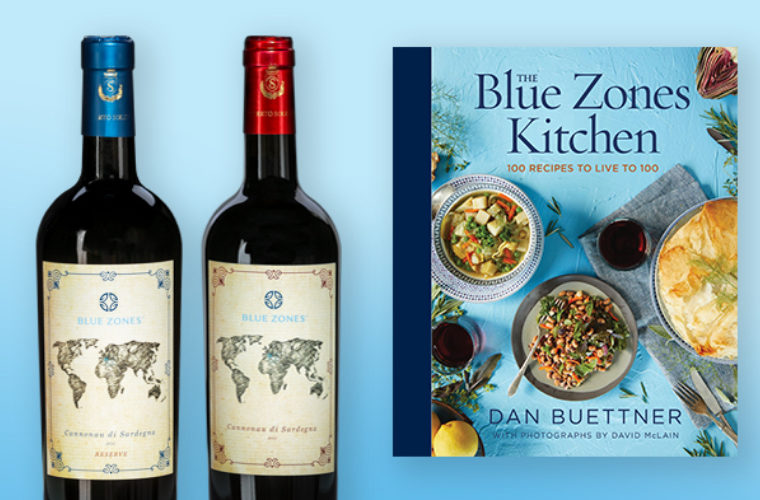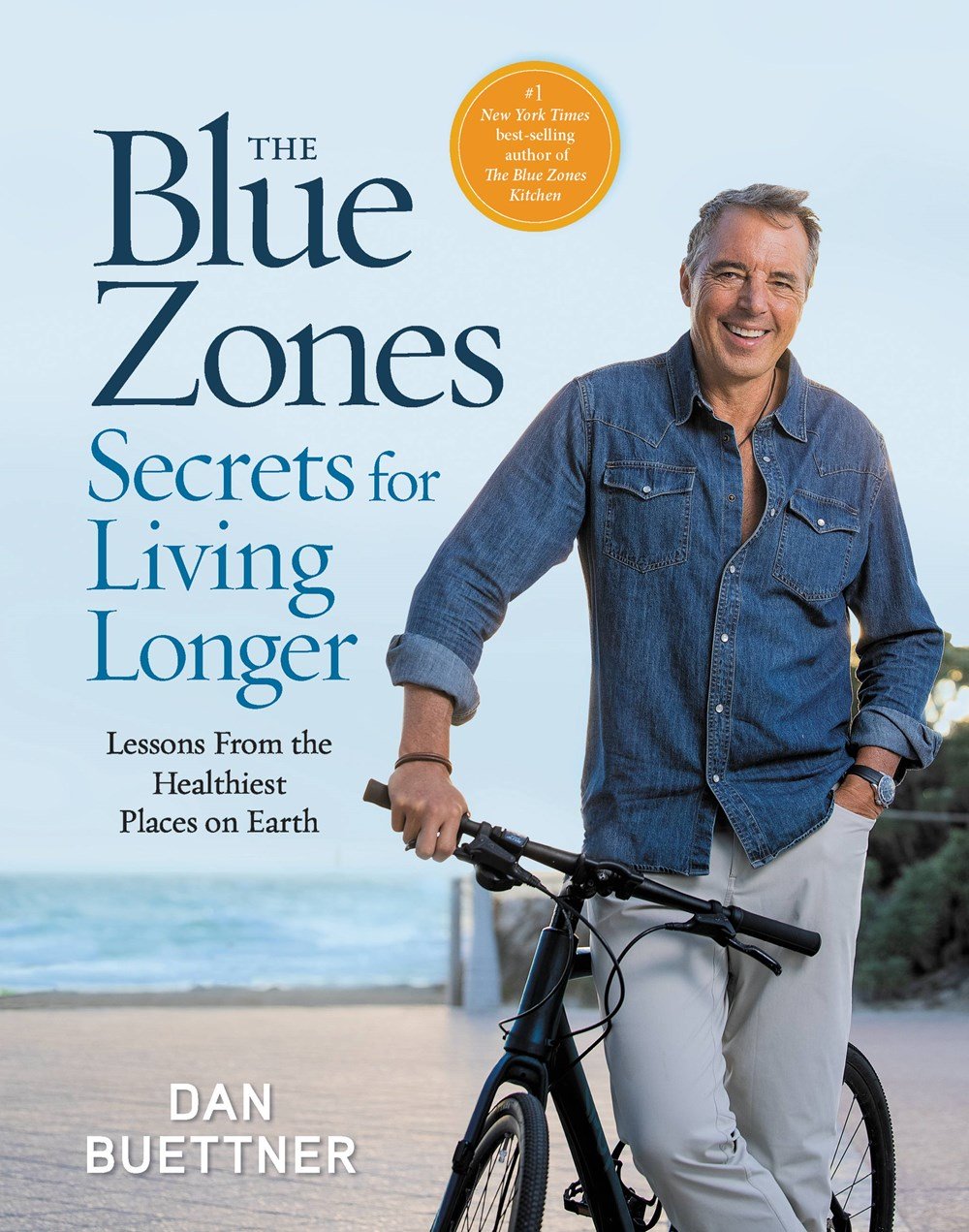Perhaps when it comes to policy, maximizing freedom does not maximize collective happiness. In Singapore, at least, a system has emerged that provides an almost comforting degree of certainty to its citizens: Here are the rules. Follow them. Work hard and you will succeed. Pursuing the good life may indeed provide some real, if fleeting, level of happiness. And it requires a certain economic baseline for us to really enjoy the things that matter: family, relationships, and spiritual groundedness. No wonder, here, that happiness and success have become so tightly intertwined.
Security Is Essential
In Singapore you’ll find security cameras glaring at you constantly, and car alarms shriek if you exceed the speed limit. The canings and hangings seem draconian, but Singapore’s politicians are adamant that such strict rules have been key to the country’s economic success.
Of the more than two dozen people I interviewed, all cited security as the most important factor in Singaporean happiness. Daniel Nettle, author of Happiness: The Science Behind Your Smile, theorizes that we are predisposed by evolution to favor safety over freedom. “The caveman who worries about where he’ll get his next meal, finding a mate, and about the potentially dangerous tribe that lives over the hill is far more likely to get his genes into the next generation than the caveman who runs free and sits by the campfire,” he writes.
In modern-day Singapore, security has translated into a general acceptance of strict criminal laws and restrictions not just on the media, civil rights, and some religious practices — Christian Scientists and Jehovah’s Witnesses are regarded as cults — but also on political opposition. But how do you justify the barbaric practice of caning, or of hanging a man if he’s caught with a half ounce of heroin?
A recent happiness study conducted in Afghanistan found that people living in areas with a moderate Taliban influence were actually happier than those outside the Taliban’s control. After decades of war and turmoil, ordinary people craved security so much, they seemed to be willing to put up with the Taliban’s heavy hand. Which suggests, as the Singaporean example clearly demonstrates, that, under certain circumstances, security can be more important to human happiness than even freedom. Or conversely, as the Buddhists say, maximum happiness does not mean maximum freedom.
Policies of “Basic Culture”
Lee Kuan Yew built his country on the ideals of basic culture over high culture. He set out to create a society that was efficient, orderly, well educated, and courteous with an appreciation for the arts and for citizens who cared for one another. Then he went out of his way to minimize an upper class. His policies favored thrift, education, health care, support for seniors, and development over consumption and blind growth. So every citizen’s basic needs would be covered. In general, tax policies encouraged investment. Educational policies encouraged self-improvement. Social policies encouraged work. Unemployment, a sure cause of unhappiness, was largely nonexistent. Other policies that favored well-being:
• Subsidizing home ownership to foster financial security and community stability.
• Making quality primary, secondary, and university education accessible and affordable to everyone.
• Taxing consumption of luxury goods like Swiss chocolate and Japanese gadgets.
• Addressing poverty with “workfare” instead of welfare. In accepting that some proportion of the population is going to need help, be willing to create jobs to give the otherwise idle poor something to do.
• “Topping up” minimum wages with government subsidies so that all workers make a living wage.
• Offering top pay for high-ranking government officials to attract highly educated talent and to discourage corruption.
• Providing tax incentives to keep seniors living in their children’s homes or neighborhoods.
Strive for Status Equality
Singapore, despite its great wealth, is largely a middle-class society. Over 84 percent of the population lives in privately owned, government-built housing. Lee astutely made English the country’s lingua franca. He made sure all races had equal access to education and jobs. The result was de facto homogeneity that helped Singapore’s society run more smoothly and happily. While ethnic and religious differences have become lightning rods for dissent and violence in neighboring Philippines and Indonesia, ethnic harmony has been praised as one of the best parts of living in Singapore.
Build an Environment of Trust
Creating an environment of trust should be one of government’s top goals. In Denmark, we saw trust flowing from a population of white Lutherans bonded by a common history and common values. Lee Kuan Yew’s government manufactured trust among disparate immigrants with different cultural traditions by establishing a common language and strict laws. And he created that environment from the top down. Ministers were paid in excess of a million dollars a year to reduce the temptation of corruption. Singapore has also invested heavily in making people understand the rules, the consequences of breaking them, and the certainty of enforcement. On the flip side, Singaporeans trust the police, the courts, and, by and large, the government. As a result, it’s easier for the country to attract foreign businesses and to keep them there.
Live Your Values
Perhaps the most provocative person I met in Singapore was a comedian named Kumar, a transvestite known for his barbs about local frustrations and lifestyles. “We’re like puppets,” he said of his countrymen. “We’re groomed to follow the rules, and now we just do it blindly.” Although he appears on stage in a dress, Kumar was wearing a canary yellow tank top, tight white slacks, and dark shades the day I interviewed him at his apartment. At first, the authorities tried to prohibit his comedy show, he said. But eventually they decided to just ignore him, despite his sly use of Singlish — a creole dialect combining Chinese, Malay, and English — to poke fun at the shallowness of island life. “All we do in Singapore is eat, shop, and do hair,” he said.
Though Singapore may still be far from a wide-open democracy, the younger generation may be less interested in the 70-hour workweeks and strict codes of behavior that their parents and grandparents lived by. Perhaps as they move into positions of authority, the government will tolerate more freedom of expression about its values. However you sum up Singapore, values count. When I asked Dr. Ronald Inglehart, director of the World Values survey, what the most important determinant of happiness was, he told me unequivocally, “The ability to live out your values.” For more than 40 years, Lee’s government has created an environment where people can live out their values about providing for their families and living up to society’s expectations. Singapore has offered a system that neatly — often rigidly — defines an individual’s place in society. It also provides the ethnic stability, personal security, and economic freedom for people to find the place that best suits their values. For the Chinese in Singapore, Lee told me, “hard work comes with mother’s milk.” The lessons learned are clear: set your priorities and your values, and try to live your life through that lens.
That said, values are shifting in Singapore. The happiest people in Singapore today seem to be those who have chiseled time out of their overbooked days for their children and spouses. They volunteer to help others and seem to get more from the experience than just a status bump.
So what can Singapore teach the rest of us about happiness? Perhaps when it comes to policy, maximizing freedom does not maximize collective happiness. Unless we feel safe and secure, we’ll never be able to pursue the other aspects of living that give rise to genuine happiness: family, relationships, and spiritual groundedness.
Then again, as Kumar says, maybe all we really need is a good hairdo.
This is an excerpt from Thrive: Finding Happiness the Blue Zones Way by Dan Buettner, Copyright 2010, all rights reserved.
